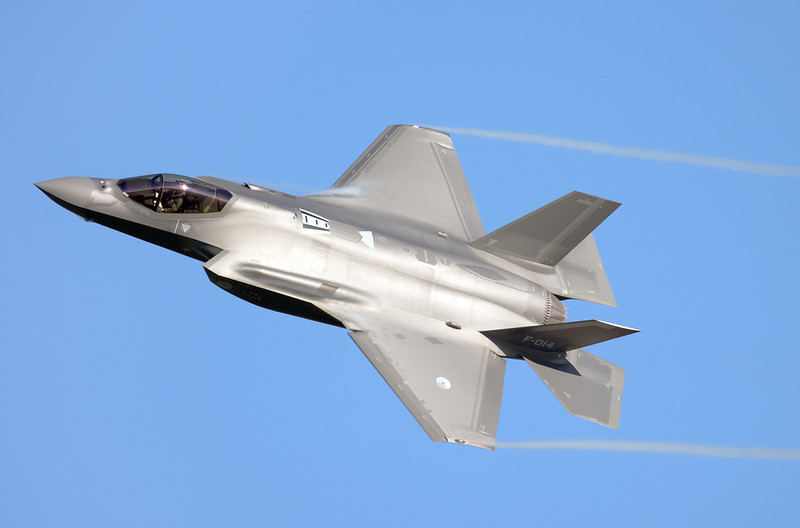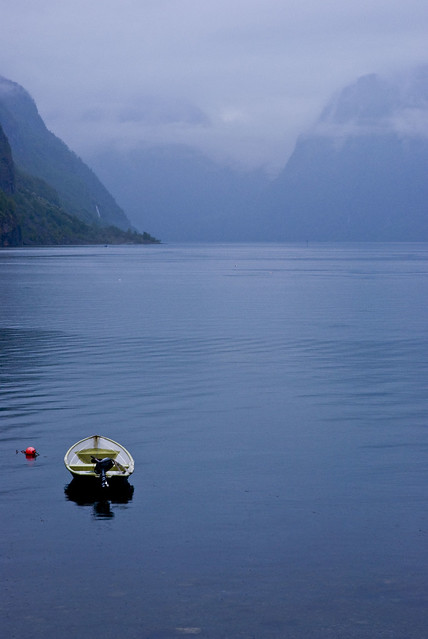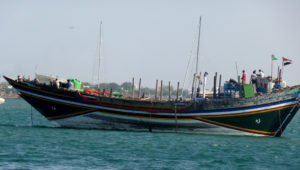Letter from La Vigie, November 24, 2021

Air and space environments: displaying power
Air power implies mastering technology, which has led to certain excesses in the thinking of the air and space community that are now being questioned. The need for a return to deployable mass and the contribution of drones seems to be a method for achieving this. But the Franco-German projects (SCAF) are uncertain. Finally, the air environment has logically extended to space which is becoming a demanding environment where challenges abound.
To read the article, click here
FR CHOD Strategic Vision
The public launch of the new Chief of Defence Staff’s strategic vision is a good opportunity to give the military a voice to specify their contribution to the country’s security. Three sensitive issues emerge: high intensity confrontation, strategic surprise and the need for a global security policy for France.
To read the article, click here
Lorgnette: Spain, party of the void
Contemporary Spain (LV 172) is, like Italy, adept at political innovation. It had invented Podemos, a far-left party. Founded in 2014, it obtained 20% of the vote in 2015 and has participated in a coalition government since 2019. Ciudadanos, a liberal party, originally Catalan, spread throughout Spain from 2014. But these good electoral results of 2015 and 2016 have not been confirmed. These political parties want to get out of the alternative between PSOE, PP and independents.
A new attempt is emerging, that of the Party of Emptiness (España Vaciada: Emptied Spain), formed in September. A poll already promises it 15 deputies. It brings together the neglected territories, neither capital nor rich coastal region (i.e. Catalonia and the Basque Country). They are disconnected from the networks (motorways, TGV, high-speed Internet). They are reminiscent of the Yellow Vests, but above all of the French “Diagonal of Emptiness”, that scarf of underdevelopment crossing the hexagon from the North-East to the South-West.
We must be attentive to this non-ideological but territorial political experiment, bringing together the “somewhere” against the “anywhere”. The return of the local (LV 94) will perhaps be the next surprise.
Subscribers: click directly on the links to read online or download the pdf issue (here), always with your login/password. New readers: read the article by issue, by clicking on each article (€2.5), or subscribe (discovery subscription €17, annual subscription €70, orga. subscription €300 excl. tax): here, the different options.
JOCV
Photo credit : Rob Schleiffert on Visualhunt.com








